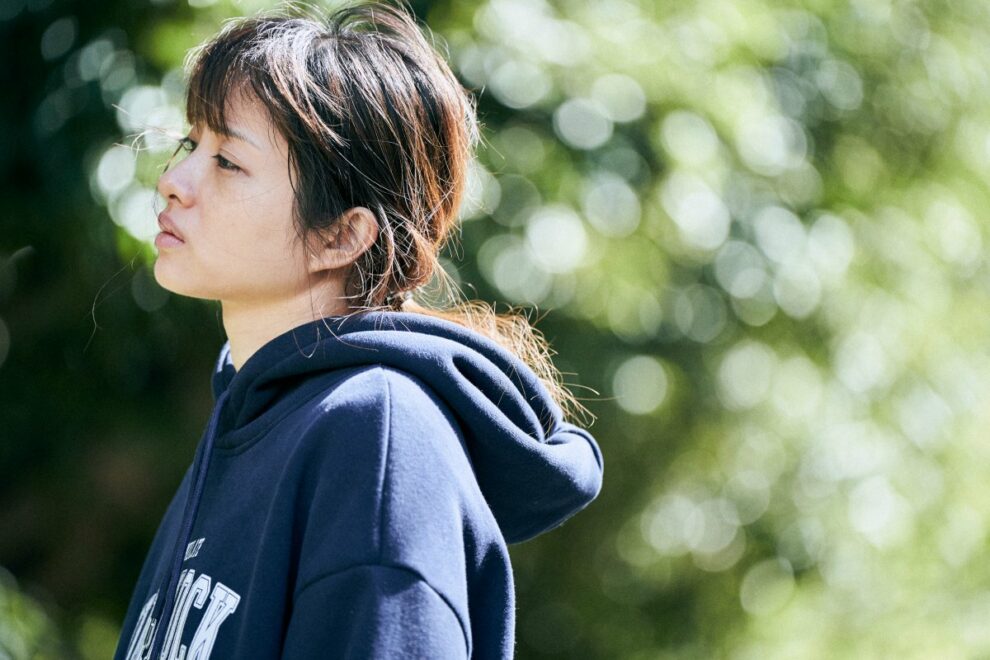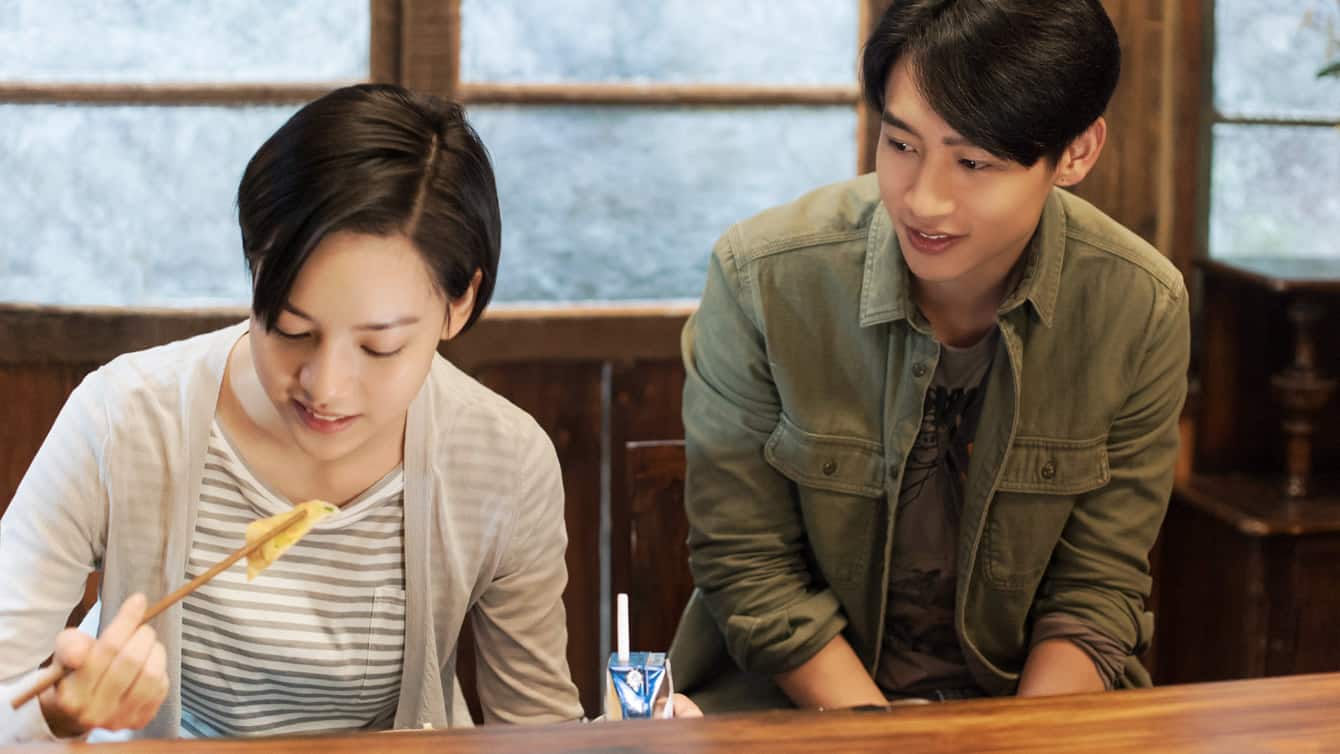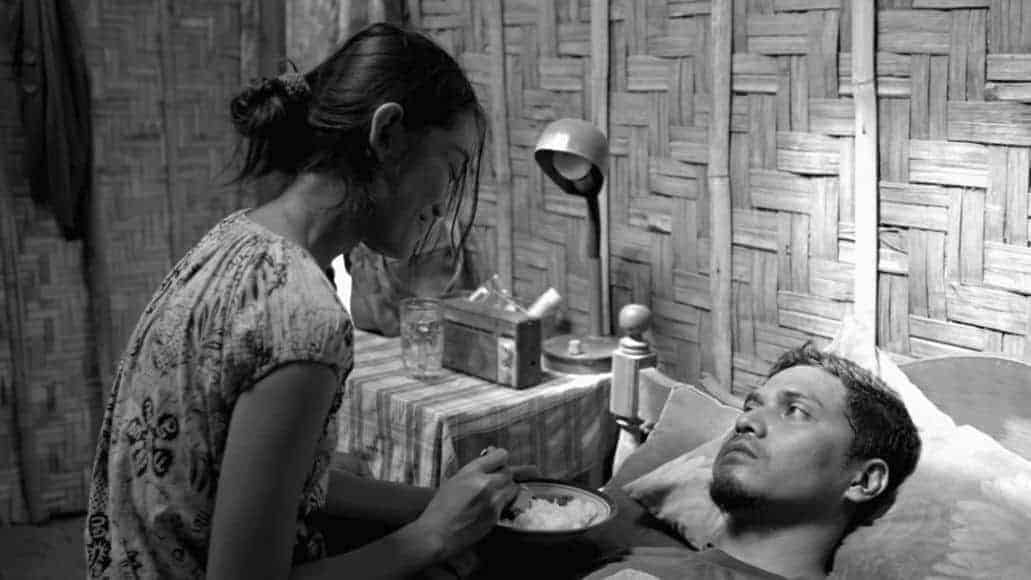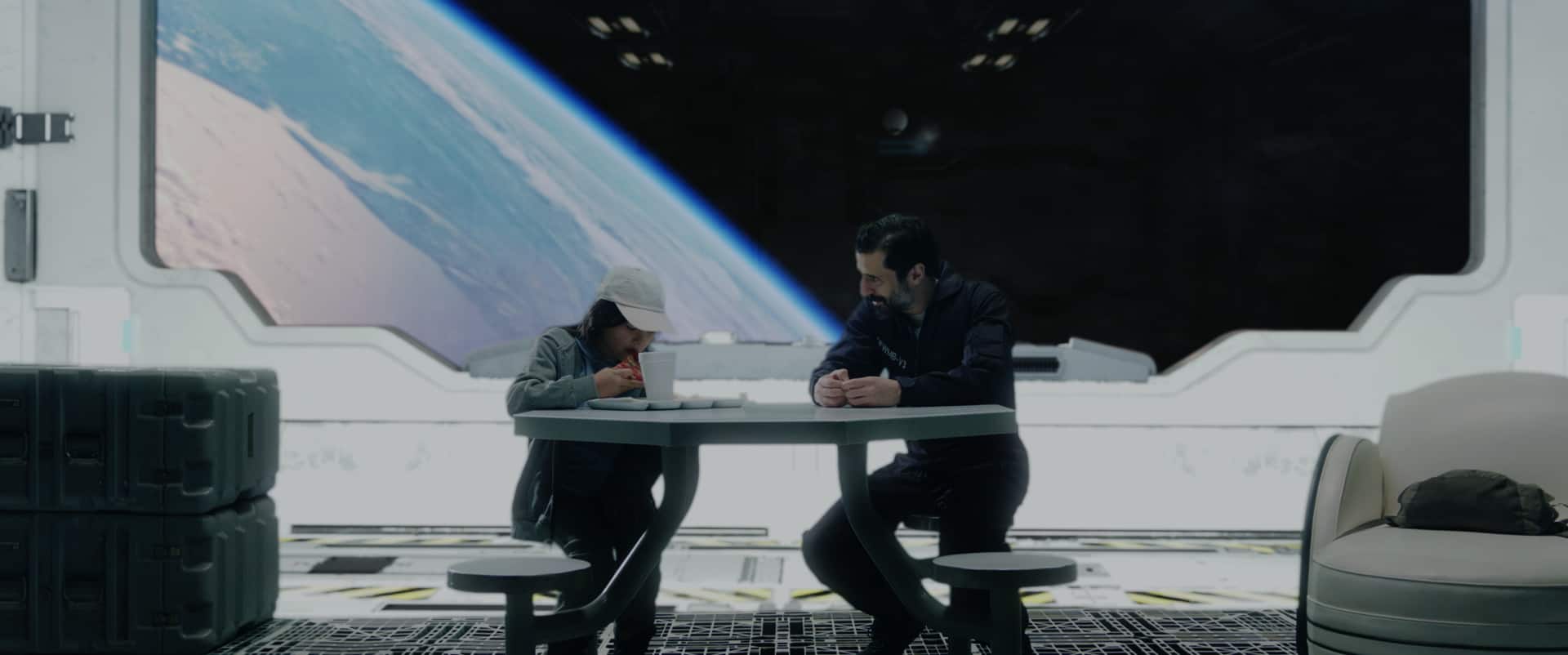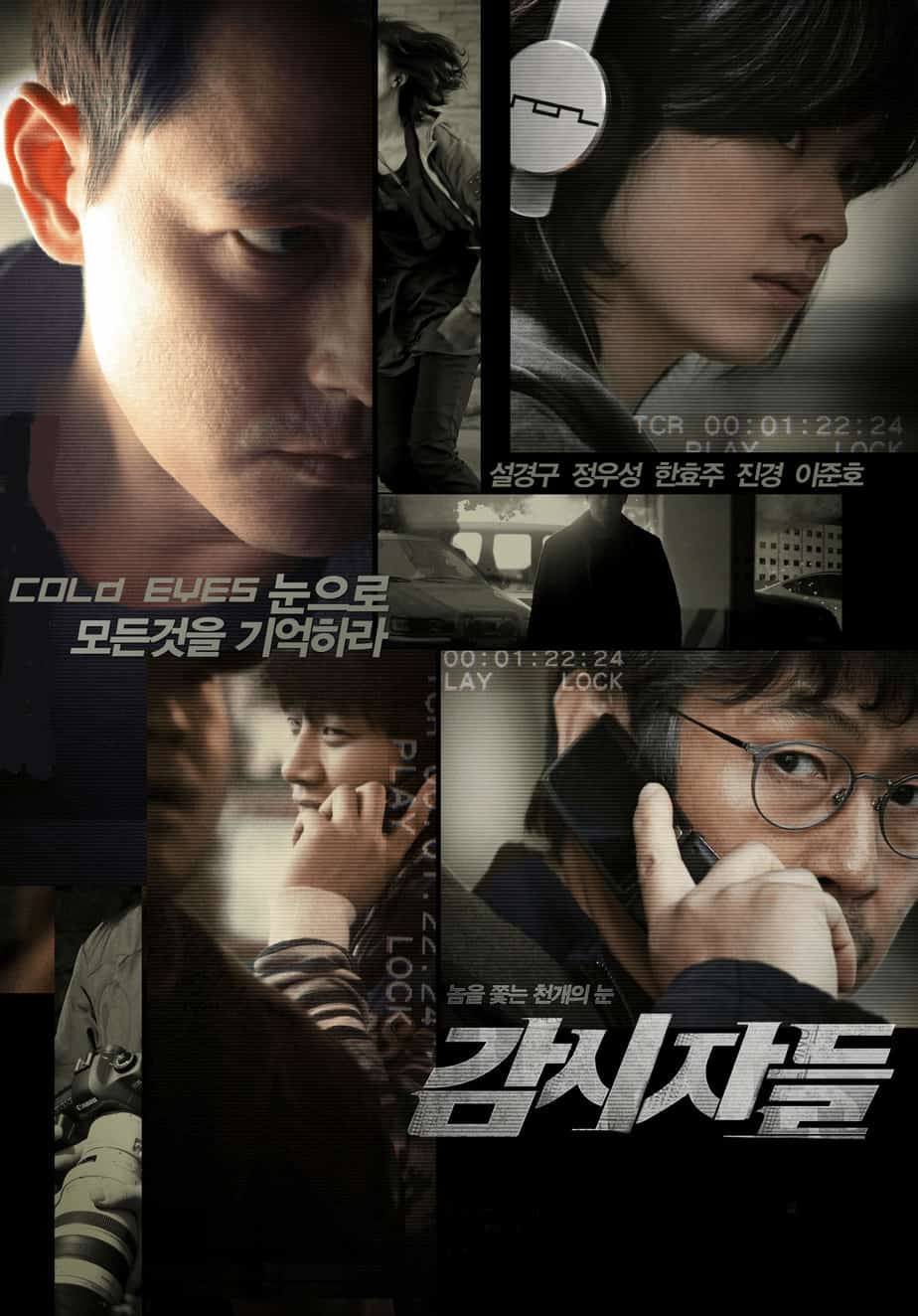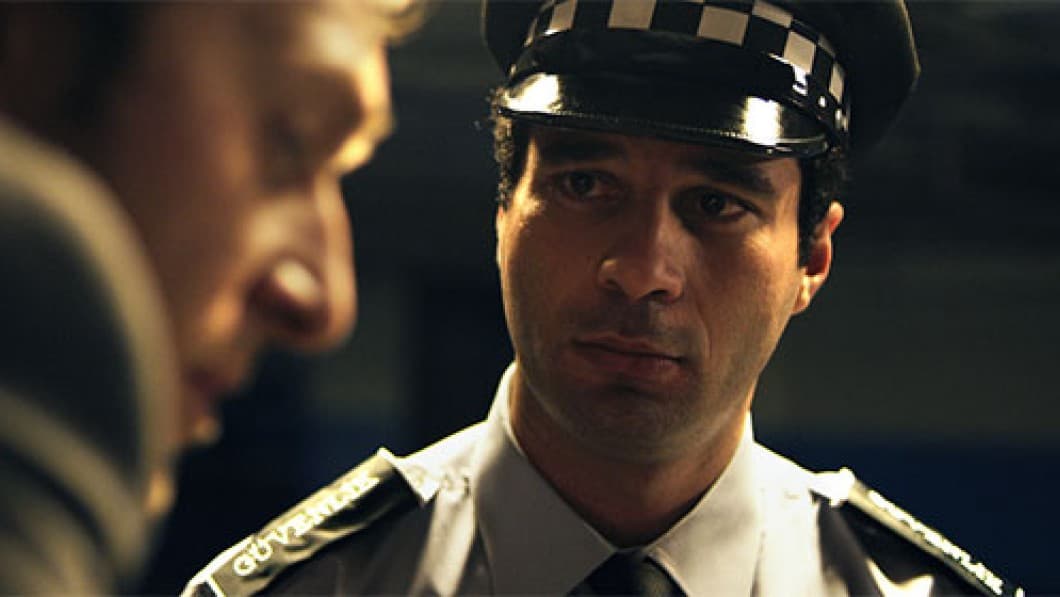Keisuke Yoshida delivers an unforgettable tearjerker with his latest film, “Missing.” This movie earns emotional resonation from viewers without feeling like hollow, melodramatic manipulation trying to cover up a flawed script. Similar to what he did in “Intolerance,” Yoshida weaves together a tragic story of psychological turmoil surrounding a parent's worst nightmare while critiquing media coverage that often circulates those sad circumstances.
Missing is screening at Toronto Japanese Film Festival

Married couple Saori and Yutaka's world is turned upside down when their little daughter Miu goes missing. Months pass, and there are still no leads to her disappearance, despite the valiant efforts of the parents. The fact that the press is not giving particular attention to the case, does not help. A local broadcasting station gets involved in the case, but it becomes clear they are more concerned with ratings than actual justice, combined with blatant reckless decisions. What is known is that Saori attended a music concert the night Miu vanished. Through all this, rumors and speculation surround the parents, along with suspicion that the mother's brother, Keigo, is the culprit since he was last seen with her. Through all this devastation, the couple's marriage is tested.
Viewers expecting an intense mystery thriller surrounding a kidnapping may be disappointed, yet an immersive experience is still showcased here. “Missing” isn't a whodunit story but rather a realistic portrayal of grief, despair, and regret. While the subject matter depicted in the script is not exactly original, it's so well-written and directed that it's never detrimental. If anything, it's a story that warrants retelling, as many missing person cases, let alone ones involving children, remain unresolved for years. Yet, more often than not, more efforts are placed on overwhelming speculation surrounding the disappearances rather than actual efforts to locate those individuals, including baseless armchair rumors being spread all over social media as opposed to thorough investigations.
If you like Missing, check also this video
Even worse, for some, it's a ticket for sick pleasure, such as tormenting those lamenting their loved ones' whereabouts. What Saori and her husband Yutaka experience as they desperately search for their kidnapped daughter Mia is an indescribable pain. The idea of a parent losing a family member, let alone their child, is awful to imagine, further highlighted by the amount of regret and self-blame that arises through their struggles. Furthermore, Yoshida presents a story that highlights inexplainable sorrow coupled with an indifferent society, and any attention given is often for the wrong reasons.
“Missing” is just as much a media critique as a grounded tragedy. Rather than condemn news reporting, journalism, and social media as platforms, the film takes a more clever approach to showing what happens when these powerful resources are abused. All of this is demonstrated in various instances throughout the movie. The news station that is following Miu's case is more concerned with ratings and how they present the story of the child's disappearance, so much so that they even attempt to convince Saori to accept their scripted requests while she's in a state of vulnerability, in order to fit their preferred narrative. The spread of baseless rumors on social media leads to hateful comments towards the couple, which doesn't make their situation any better and even contributes to them arguing frequently through all this.
Additionally, these perceptions also affect the her brother, who is accused of being a primary suspect in the child's disappearance. Some folks take advantage of these tragic circumstances, using social media sites to spread baseless rumors or prank calls to play sick jokes on the couple to get a quick laugh from their misery. Yoshida effectively showcases negative media utilization, how it comes with additional detriments to already harrowing realities, and how often society shows complete indifference while doing so.
The acting is wonderful, especially from Satomi Ishihara, who gives a phenomenal performance as Saori. Her vulnerability and desperation are so believable that they make many scenes gut-wrenching to watch. Performing opposite Ishihara is Munetaka Aoki, who also does a great job as her husband, Yutaka. Whereas his female co-star is more emotionally open, Aoki is more nuanced. It would be quick to judge him at first, even appearing cold and indifferent, but in reality, he is desperately trying to hold in all his pain and stay strong for his wife. Eventually, the despair gets to him as well. Besides two fantastic leads, there are some terrific supporting players. Tomoya Nakamura adds complex layers to Sunada, a reporter following Miu's case, and is shown to be the one news team member with genuine concern. Yet, he wrestles with morality and his desires for personal gain. Karin Ono and Gaku Hosokawa also do a good job as his coworkers Mitani and Fuwa. Yusaku Mori makes Keigo unpredictable, leaving viewers guessing if the character was responsible for the little girl's disappearance or wrongly accused. For her minimal screentime, Tsugumi Arita leaves a lasting impression as Miu.
The cinematography by Takayuki Shida adds an element of realism to the picture, giving a documentary feel at times. Lighting also plays a significant factor in the generally realistic visuals, though occasionally, certain colors are prominent to add dramatic weight to the respective moments. Hiroko Sebu's music score is effectively minimalistic and sparingly used in the appropriate moments.
Heartbreaking and engaging, “Missing” is an excellent film. It balances showing the tragedy surrounding missing person cases while inserting effective media critique. Keisuke Yoshida continues to showcase his talents as a filmmaker, and Satomi Ishihara delivers an incredible performance that will surely stick with viewers.


